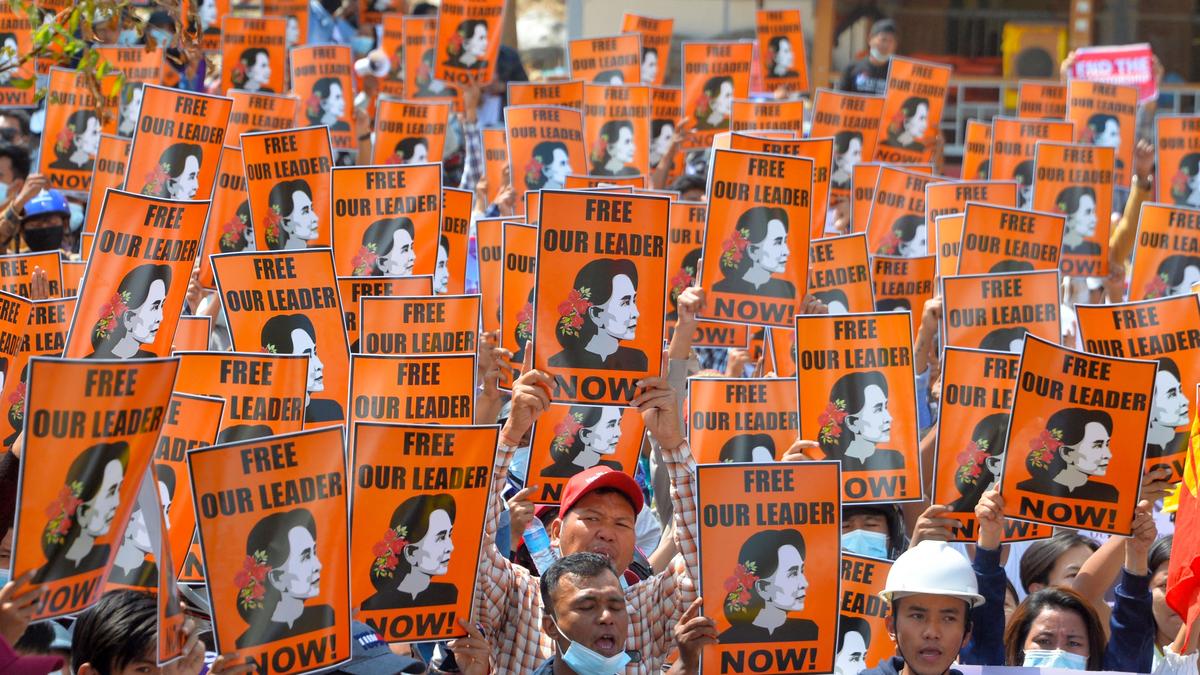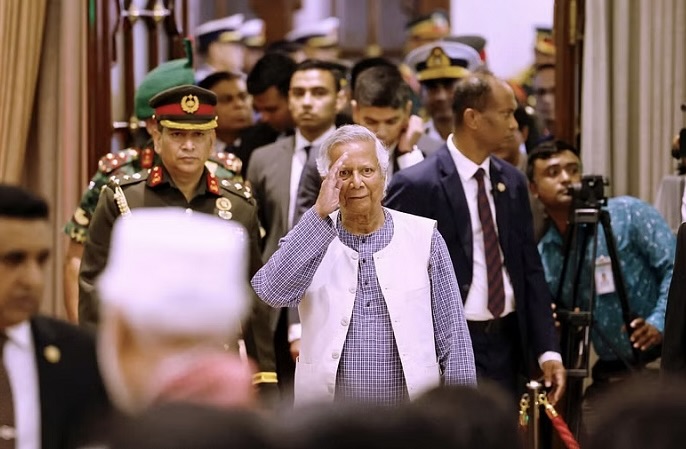The Dhaka gold squeeze
The Bank of England was in the news because of the ‘gold squeeze’- traders moving gold from London to New York to profit from the price arbitrage. An informal version of this is taking place between Bangladesh and India.
 Courtesy: Investopedia
Courtesy: Investopedia
The Bank of England was in the news because of the ‘gold squeeze’- traders moving gold from London to New York to profit from the price arbitrage. An informal version of this is taking place between Bangladesh and India.
 Courtesy: Gateway House
Courtesy: Gateway House
Japan's growing influence in India’s Northeast and Bay of Bengal region is proving to be a gamechanger, with the potential to transform its economic and geopolitical landscape. With cultural ties and strategic investments, states like Assam and Meghalaya hope to enhance development while fostering a mutually beneficial relationship with Japan. Additionally, the latter could help ensure wider regional stability given the tensions with Bangladesh and Myanmar.
 Courtesy: AFP
Courtesy: AFP
February 1 marks four years of the military coup in Myanmar, which plunged the country into a bloody civil war, still on-going. The crisis is deepening, as the struggle between the Junta forces and a fragmented resistance wages on with no resolution in sight. A stalled mediation by ASEAN, and lack of consensus amongst neighbouring countries on how to help, leaves Myanmar’s future uncertain.
 Courtesy: President of Russia-Events website
Courtesy: President of Russia-Events website
Europe has reduced its reliance on Russian gas following the war in Ukraine, and its chief supplier Russia is mired in western sanctions. What does it mean for Russia? It has certainly changed the fortunes for American gas to be sold to Europe: as of 2023, the US had become the world’s top exporter of gas.
 Courtesy: Bloomberg
Courtesy: Bloomberg
Bangladesh faces an energy crisis due to increasing prices, depleting foreign exchange reserves and political instability. Amit Bhandari, Senior Fellow, Energy, Investment and Connectivity, Gateway House, speaks with Rayhan Rashid on an episode of the South Asia Democratic Forum’s podcast on challenges affecting Bangladesh’s energy sector and potential solutions such as diversification of energy sources, a shift toward low-carbon energy production, and regional integration.
 Courtesy:
Courtesy:
On October 31, Adani Power halved the electricity supply to Bangladesh, owing to outstanding dues. Bangladesh’s already weak economy has become worse under the new regime, with the country running short of funds to pay for imports of fuel and electricity.
 Courtesy:
Courtesy:
A decade after its launch, China’s Belt and Road Initiative has slowed down in South Asia, the result of poorly conceived projects, and irresponsible behavior from borrower and lender alike.
 Courtesy:
Courtesy:
The events of August 5 turned Bangladesh from a development model to unstable entity. A variety of players have been stirring trouble in the country, from within and without. Great powers and neighbours, NGOs and the diaspora, Islamist groups and armed forces. All these are entangled in the U.S.-China geopolitical rivalry that Bangladesh seems to be caught in.
 Courtesy:
Courtesy:
Bangladesh’s economy has been in distress for some time and is not doing as well as assumed. This could have been one of the factors that drove the protests and the subsequent coup.
 Courtesy:
Courtesy:
Sheikh Hasina’s recent ouster as the Prime Minister has highlighted the deep fissures in Bangladeshi society and pushed the subcontinent into political turbulence. Amb. Rajiv Bhatia, Distinguished Fellow for Foreign Policy Studies, Gateway House, speaks about the political, economic, and security implications the crisis in Bangladesh has for Indian foreign policy and geopolitics in the neighbourhood and beyond.